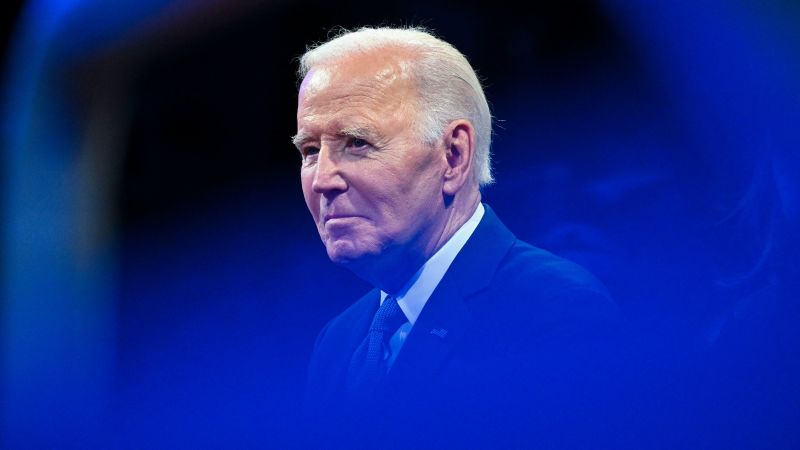A senior Republican in the United States congress says he’s “optimistic” about the future of the AUKUS deal under Donald Trump, arguing the partnership could help to deter a third world war.
The president-elect, who takes office on January 20, has not yet publicly stated his position on the plan for Australia to acquire nuclear-powered submarines from the US, as part of an agreement struck by sitting president Joe Biden.
But Texas representative Michael McCaul, who until recently was the chairman of the House Foreign Relations committee, said the concept started being discussed during Mr Trump’s first term.
“I think they have ownership, as well as this [current] administration, and that’s why I feel optimistic about it,” he said at an event at the Center for Strategic and International Studies (CSIS) in Washington.
“I have not seen anything to indicate they would back away from that. But congress will be on top of this.”
Mr McCaul argued Australia was the “bulwark or the beachhead” against countering China and that the country’s leader was closely watching both pillars of AUKUS — which includes the submarine deal and closer cooperation on advanced capabilities.
Congressman McCaul claims President Xi is very concerned by the possibility of a sub deal between the US and Australia. (AP: Andrew Harnik)
“I have been told in intelligence briefings, without getting into classified [information], this is a thing that keeps [president] Xi up at night,” he said.
“Because not only do you have the crown jewel, the beast of the ocean, coming over, but you also have this innovation and technology that they are trying to master.
“When you look at the great power competition with China, [artificial intelligence] and quantum [technology] is what they want to master before we do, and particularly when it comes to weapon systems.”
‘The power in the Pacific that we need to fortify’
Mr McCaul argued that a third world war — if it occurred — would most likely break out in the Indo Pacific region, possibly due to a miscalculation in either the Taiwan Strait or the Philippines, which the US has an obligation to defend.
The AUKUS project is estimated to cost up to $368 billion over the next three decades. (Reuters: Leah Millis)
“That obviously would escalate from China, China to Iran, China to Russia, China to North Korea. Then we’ve got Japan, South Korea, Philippines, Australia, which is the big player in the Pacific,” he said.
“And that’s why Australia, in my view, is the power in the Pacific that we need to fortify.”
The AUKUS agreement with the US and the United Kingdom aims for at least three nuclear-powered submarines to be sold to Australia from the early 2030s, before Australia builds its own boats.
Questions have been raised over whether the US could afford to transfer the submarines to Australia, given American shipbuilders have struggled to boost their own production.
Legislation passed by Congress states that whoever is in the Oval Office at the time of the sales would need to declare that they wouldn’t negatively affect the US’ own capabilities.
Democratic congressman Joe Courtney told the same CSIS event that efforts had been ramped up to ensure that’s possible.
“I think… these investments are paying off, the output is growing, and that we are going to be in a place where, I think the President can comfortably sign off,” he said.
Australia has committed to making a payment of US $3 billion ($4.8 billion) to help the US expand its submarine industrial base.
The head of the AUKUS submarine program in Australia has previously refused to say whether any of that money would be refunded, if the boats were not delivered.





